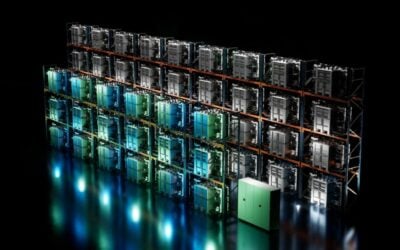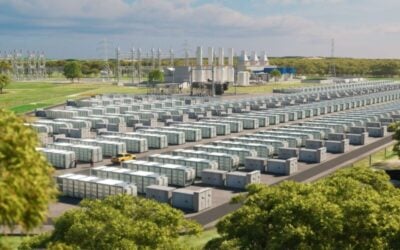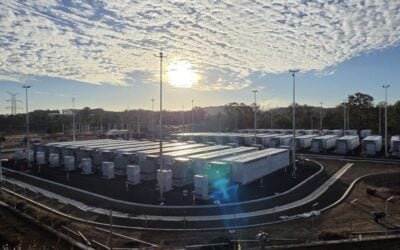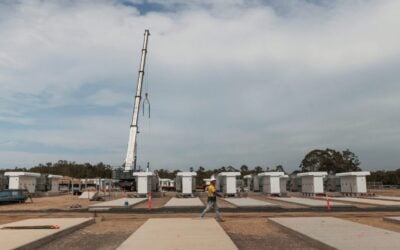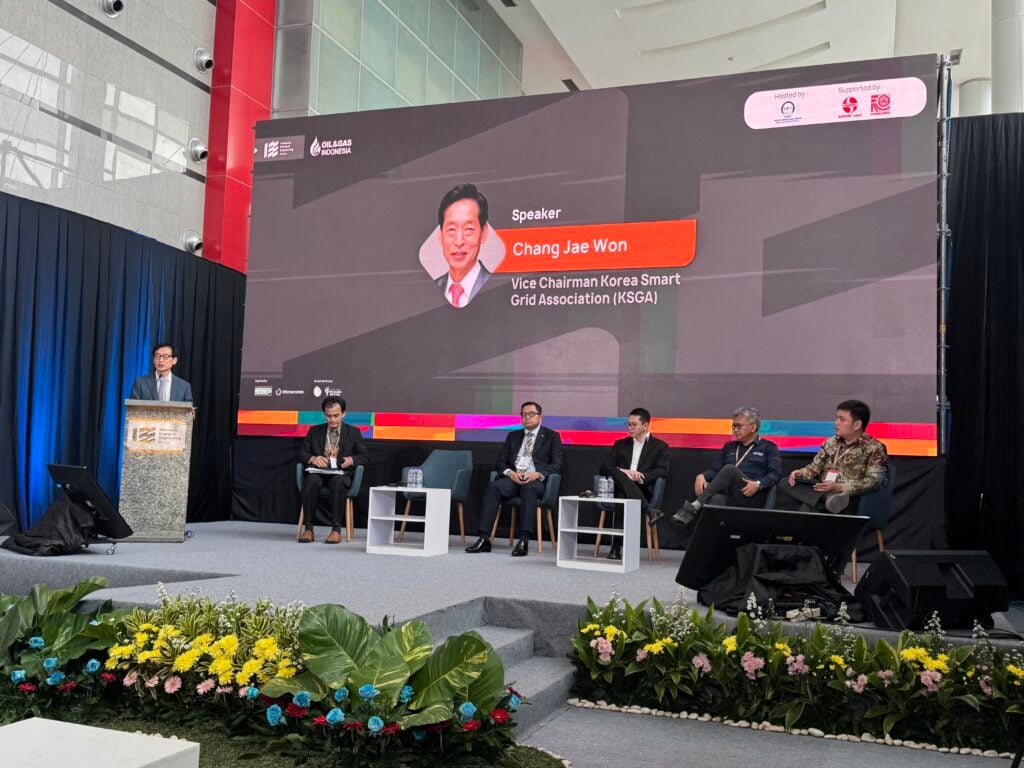
“Under the current power market system, private companies have no model to recover their investment for installing DC energy storage,” said Chang Jae Won, vice chairman of the Korea Smart Grid Association (KSGA).
Speaking at The Battery Show Indonesia this week, Won delved into the South Korean energy storage market and explained that the current power market design can sometimes deter investment in DC energy storage, stalling the country’s growth in installed capacity.
However, recognising the increasingly important role energy storage will play in supporting the rollout of renewable energy in the country, the government recently announced plans to host a competitive solicitation for 540MW of grid-connected energy storage.
The capacity will be split between 500MW of large-scale BESS on the Korean mainland and 40MW of the technology on Jeju Island, a popular destination for domestic and international tourists. The contracted battery energy storage systems (BESS) will help resolve power grid shortages and control the output of power plants.
Try Premium for just $1
- Full premium access for the first month at only $1
- Converts to an annual rate after 30 days unless cancelled
- Cancel anytime during the trial period
Premium Benefits
- Expert industry analysis and interviews
- Digital access to PV Tech Power journal
- Exclusive event discounts
Or get the full Premium subscription right away
Or continue reading this article for free
Won commented on the competitive process and said these will be paid for in instalments.
“To address this, energy storage system operators will be selected through competitive bidding and required to invest in facilities. The whole company will be reimbursed on their investment over 15 years in appropriate instalments,” Won said.
Won noted that government intervention and support could help bolster efforts to increase its installed energy storage capacity in the future. South Korea is committed to quadrupling its installed renewable energy capacity from 30GW in 2023 to 121.9GW by 2038.
Won emphasised that the government predicts that around 23GW of long and short-duration energy storage will be needed by 2038 to maintain grid stability.
The competitive process for energy storage is hoped to help accelerate South Korea’s energy storage market, which has become somewhat of a sleeping giant in recent years, despite currently being a major exporter of batteries and energy storage technologies.
Indeed, Samsung SDI and LG Energy Solution are among the significant suppliers of products from cells to complete BESS solutions internationally, including being among the first to establish domestic lithium iron phosphate (LFP) cell production in the US market.
However, the country was once a hot market for energy storage installations. The domestic market rapidly expanded ahead of the international market, with Won stating that in 2018, it accounted for around a third of the global total installed capacity.
However, as Won explained, a change in government policy and fire incidents stalled further growth in the country.
“Since 2018, frequent energy storage system fire instances and the suspension of government support policies have significantly slowed the growth of the domestic storage market. In contrast, the global energy storage industry has continued to grow strongly, and in Korea as well, the expansion of renewable energy has highlighted the need for more storage,” Won said.
You can find out more about the South Korean energy storage market on Energy-Storage.news.
Our publisher, Solar Media, will host the Energy Storage Summit Asia 2025 on 7-8 October 2025 in Manila, the Philippines. You can receive 20% off your ticket using the code ESN20 at checkout.

